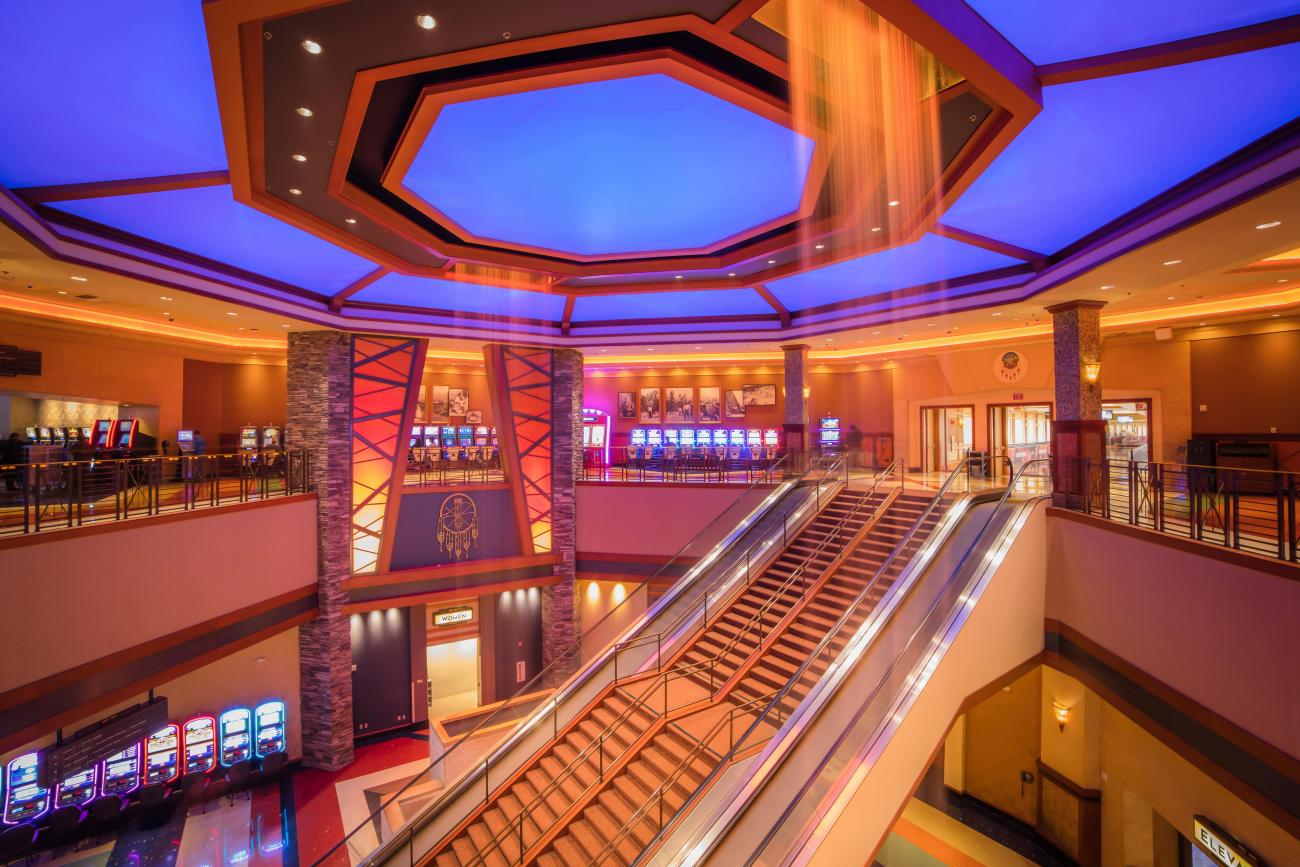
In the world of gambling, where chance and strategy meet, a unique tapestry of beliefs unfolds—one that intertwines luck, fate, and the enigmatic nature of casino games. Casinos, bustling with excitement and anticipation, are not just venues for placing bets; they are also arenas where superstitions thrive. Ranging from the novice player to the seasoned gambler, these mysterious practices often shape how individuals approach the games they play, believing that their actions can influence the outcome in ways that go beyond mere probability.
When players gather around roulette wheels, blackjack tables, and slot machines, the atmosphere is thick with stories of lucky charms, rituals, and codified behavior that defy logic yet provide a sense of comfort. It could be the case that it’s wearing a specific outfit, following a particular sequence of bets, or even avoiding certain numbers, the attachment to various superstitions reflects a deep-rooted desire to master the uncontrollable. This article delves into the captivating world of casino game superstitions, exploring the beliefs that simultaneously entertain and mystify those who dare to play.
Cultural Origins of Superstitions
Casino activities have long been connected with an host of superstitions that go back to early cultures. The beginnings of these notions can be linked to humanity’s fundamental need to manage the uncertain outcomes connected with chance and chance. In primitive civilizations, activities of uncertainty were often linked to ritualistic practices. Gamblers would call upon blessings or request favor from deities, believing that their actions could affect the outcomes in their benefit. This basis laid the foundation for the myriad of superstitions that spread as casino games evolved over time.
During the Middle Ages, betting became a popular pastime across Europe, and with it, a colorful tapestry of superstitions appeared. Participants adopted various rituals and charms, believing they could affect the outcome of games. The importance of numbers, in particular, emerged to appear in superstitions pertaining to card games and dice. The number 7 was often considered favorable, while other numbers carried unfortunate connotations. These ideas mirrored the societal contexts of the time, adapting as they moved through generations and adapted to emerging gaming environments.
As gaming establishments emerged in the 1600s, particularly in the Italian peninsula and the French nation, the atmosphere surrounding betting became steeped in mystique. The growing accessibility of gambling activities allowed for the dissemination and growth of superstitions among players. Concepts like fortunate charms, specific seating positions, and rituals gained prominence, creating a unique culture within gambling establishments. As these customs continued to thrive, they became integral to the character of gambling games, illustrating how the past and society shape the notions that influence how participants interact with fortune.
Common Gambling Myths
Superstitions surrounding casino activities are abundant and diverse, mirroring the dreams and fears of players as they engage in random activities. One of the most prevalent views is that specific digits bring luck or bad luck. For example, the digit seven is often seen as a favorable digit, frequently sought after by players looking for a favorable result. Conversely, the number thirteen is routinely considered cursed, leading many gamblers to avoid it during their gambling sessions.
Another common belief relates to practices that gamblers believe can affect their odds. It could be blowing on dice before a throw, using a specific gesture to place a bet, or even wearing particular items of attire, many individuals feel that these actions can tilt luck in their benefit. These rituals offer a sense of power in an otherwise unpredictable environment, strengthening the idea that fortune can be manufactured through individual convictions and customs.
Lastly, the environment and vibe of the casino itself contributes to superstition. Many gamblers suggest that the presence of specific symbols, such as four-leaved clovers or lucky coins, can enhance their odds of winning. Additionally, gamblers might hold to the notion that winning streaks can be interrupted by mundane events, such as a person passing by or a accident at the gaming surface. The shared environment in a casino can amplify these superstitions, creating a communal culture of superstitions that transcends single experiences.
Impact of Superstitions on Players
Beliefs play a crucial role in the mindset of casino players, often affecting their actions and decision-making. A lot of gamblers think that fortune can be manipulated through various rituals, such as wearing a lucky charm, selecting specific colors, or steering clear of particular digits. This dependence on superstitions can create a feeling of authority in an environment that is inherently unpredictable. Players frequently feel more self-assured and engaged when they think that their actions could sway the outcome of a game in their favor. KUBET
The influence of these superstitions extends beyond individual players, affecting the overall atmosphere inside the casino. For instance, a player who believes in the luck of a particular slot machine might draw a crowd, as onlookers are intrigued by their apparent success. This shared belief can heighten excitement and create a dynamic environment, leading to an captivating experience even for those who may not necessarily be superstitious. The excitement around certain games can lead to increased participation and extended playing sessions, supporting the casino’s vibrant social scene.
In some cases, superstitions can lead to negative effects for players. Relying too much on rituals can result in bad gambling decisions, as some may overlook basic strategies in favor of unfounded beliefs. Additionally, the pressure to perform rituals may increase anxiety and tension, diminishing from the pleasure of the experience. Ultimately, while superstitions can enhance the thrill of playing casino games, they can also lead to foolish choices that overshadow the enjoyment and entertainment intended in the casino experience.